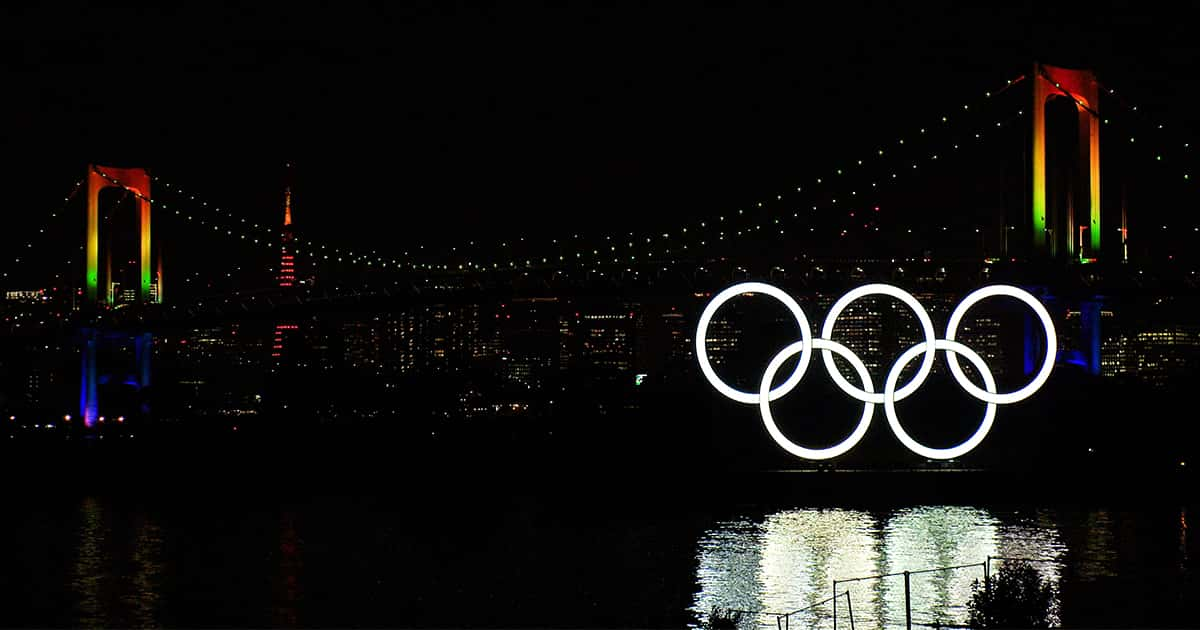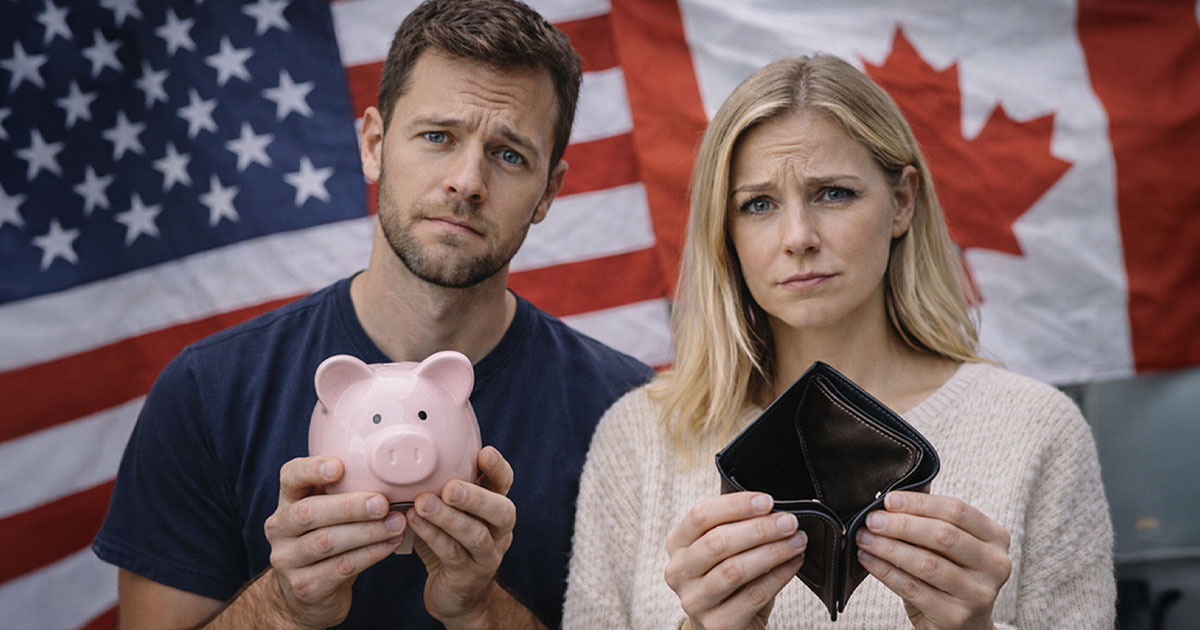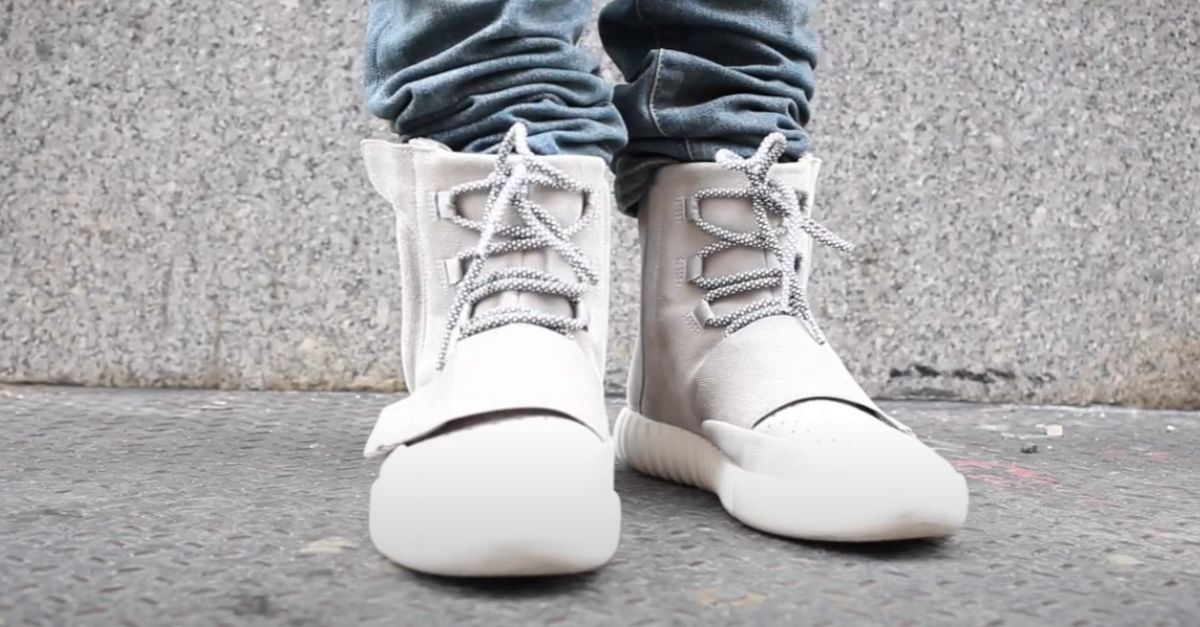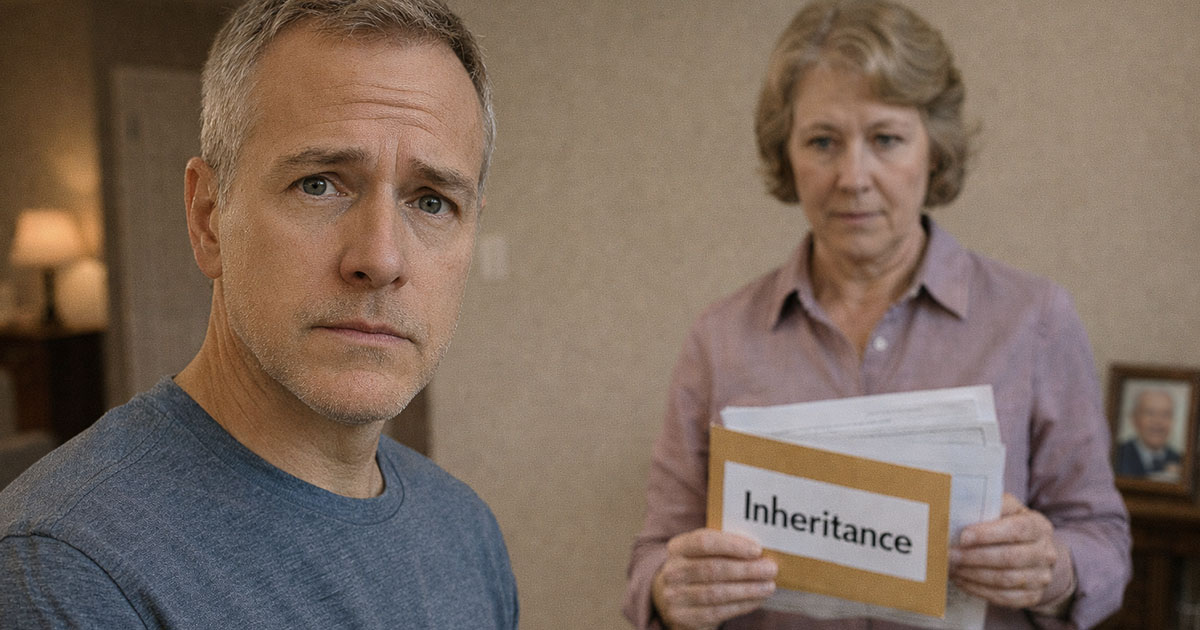As the world continues to grapple with the ongoing health crisis, Tokyo is faced with a tough decision: should it go through with the Olympics this year, or cancel it for good? On the surface, the answer may seem clear—they should just cancel the event for the sake of everyone's safety and focus on curbing infections instead. But that's easier said than done when you're not in Tokyo's shoes.
Over the past few months, the Japanese government has constantly gone back on forth on the issue. While the health risks are understood, there's a lot of money at stake—$17 billion, to be exact—and cancelling the Olympics would essentially mean throwing away all of that money.
However, a large majority of people still believe the cancellation is necessary to keep the virus at bay. An estimate provided by The Nomura Research Institute has even shown that Tokyo would suffer from a much bigger economic loss if another state of emergency is declared in the city after the Olympics take place.
"Even if the games are cancelled, the economic loss will be smaller than a state of emergency," says Takahide Kiuchi of the institute.
With two months left to go until the games officially start, it's unlikely that Tokyo will pull out anytime soon. They can expect to make $15 billion if they hold the games in late July without spectators, which is around $1 billion less than what they would make with domestic spectators. Perhaps any profit is better than nothing at all in this case.
Still, Japan's most populated city centres such as Tokyo and Osaka are being bombarded by an overwhelming number of coronavirus cases everyday, which makes the green light for the Olympics all the more concerning. While the country is working on getting as many people vaccinated as possible, its rollout measures still lag behind other countries such as the United States and England where normalcy is beginning to return in some areas.
According to Kiuchi's calculations, the most recent state of emergency which began in late April will lead to an approximate loss of $17 billion—a value that will most definitely increase if the government decides to extend the order beyond May 31.
"These estimates suggest that a decision on whether to hold the games or not as well as to limit spectators should be made based on the impact on infection risks, not from the standpoint of economic loss," Kiuchi adds.
Should Tokyo eventually decide to cancel the Olympics due to the mounting pandemic pressures, it would be the sixth time in history that the games are cancelled.







